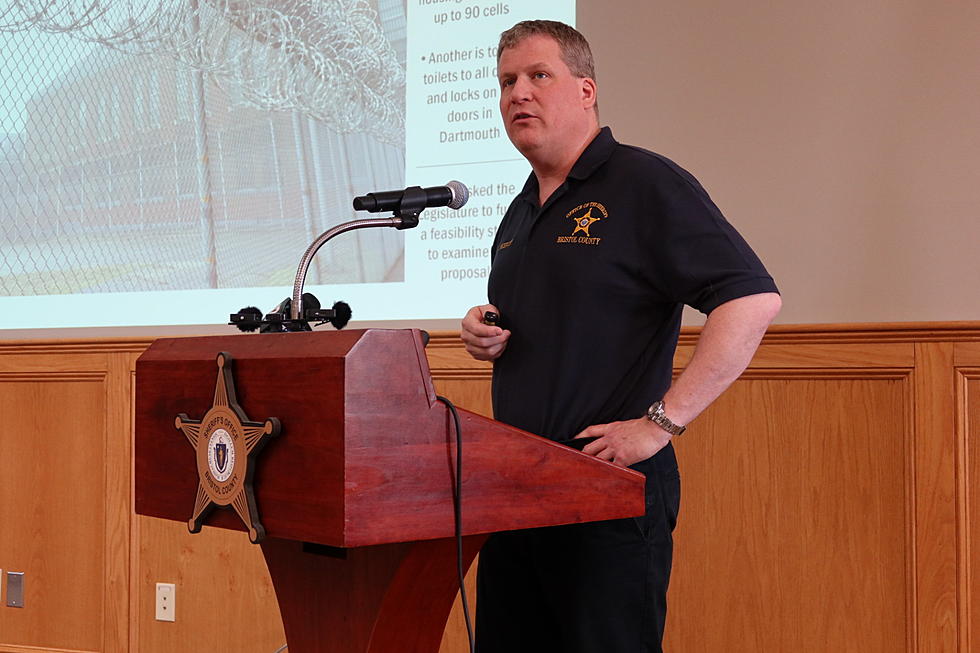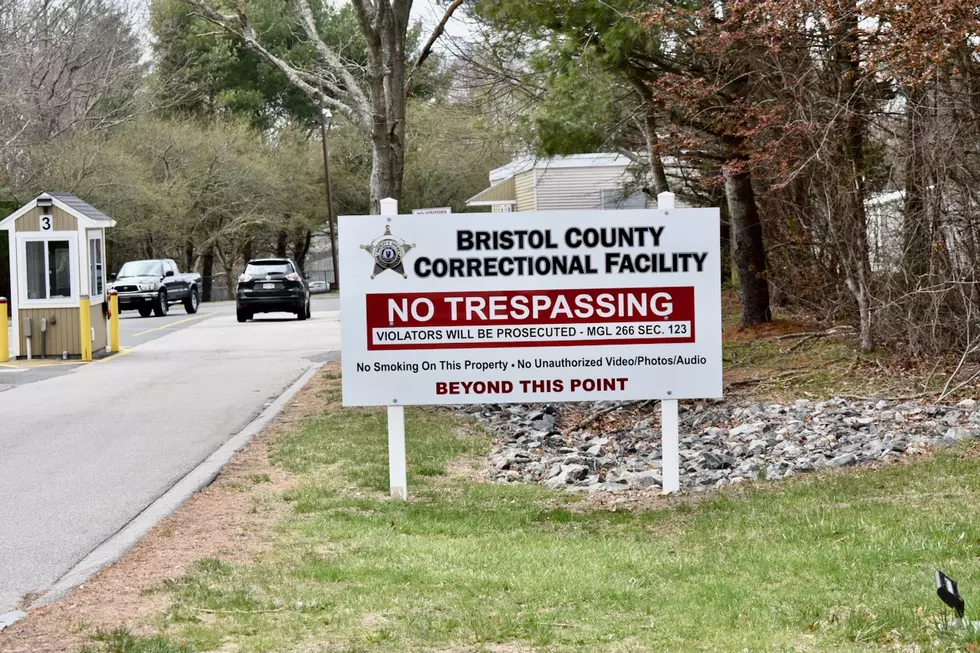
Bristol County Sheriff Heroux Calls Inmate Organ Bill a Bad Idea
Bristol County Sheriff Paul Heroux is criticizing proposed legislation that gives prison inmates early release in exchange for becoming organ donors.
The bill, filed by Democratic Rep. Carlos Gonzalez of Hampden County’s 10th District and Democratic Rep. Judith Garica of Suffolk County’s 11th District, would allow inmates of Massachusetts’ state prisons to reduce their sentences on the condition that they sign up to donate bone marrow or organs.
A former state representative himself, Heroux likened the legislation to a bribe. He said it would allow those seeking early release to avoid the rehabilitation process of the criminal justice system and would not reduce recidivism among convicted criminals.

“What part of being an organ donor reduces the risk of recidivism? Nothing,” Heroux said. “There is no nexus, no common ground, between being an organ donor and being less likely to commit a crime.”
Recidivism, defined as the tendency of a convicted criminal to commit another crime, is an issue Heroux has wanted to address since he ran his campaign for sheriff in 2022. He said he favors reducing time in prison but only through the success of rehabilitation programs.
During his first two months as sheriff, Heroux has been evaluating rehabilitation programs offered by the corrections office and determining if they are effective in helping inmates re-enter the public.
“You have to measure the success of those programs,” Heroux said. “You cannot assume the programs work. You have to measure them, I am moving towards that in my jail.”
Heroux said instead of passing a bill to avoid the rehabilitation process, the legislature should consider legislation requiring all Massachusetts county jails to file reports on their program's effectiveness. If the programming is successful, it could lead to early release, he said.
As a former director of research in the Massachusetts prison system, Heroux considers data analysis and statistics a necessary skill currently lacking in county jails across the Commonwealth
“It’s very frustrating,” Heroux said. “This needs to be built into the administration of the programs. I am very critical of the fact that no one measures programs properly.”
Heroux is not the only individual criticizing this bill.
Several human and prison rights organizations have slammed the legislation, calling it an inhumane practice to exchange reduced sentencing for organ donations.
The bill will be sent to a committee for further review, but Rep Gonzalez has told news outlets he will seek to amend the legislation after hearing the concerns from constituents.
Biggest Drug Busts on the SouthCoast
New Bedford Boy With Spina Bifida Gets Inside Look at Police and Fire Station
More From WBSM-AM/AM 1420









